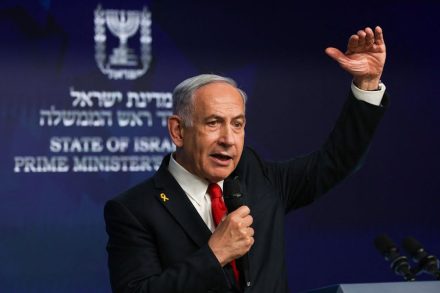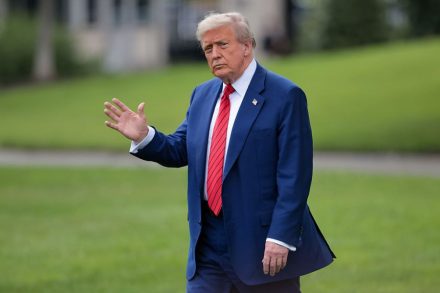Britain must wake up to the threat of Iran
The Islamic Republic of Iran is a ‘wide-ranging, persistent and unpredictable’ threat to the United Kingdom. That was the sobering conclusion this week of the intelligence and security committee, which has spent several years examining Iranian policy and activity, taking evidence and analysing a huge amount of classified information. The committee’s chairman, Lord Beamish (former Labour MP Kevan Jones), warned that the government had not developed a comprehensive or in-depth approach to the threat posed by Iran but had instead focused on short-term crisis management. The intelligence and security committee (ISC) of parliament is a unique body. Despite its name, it is not a select committee, but established by statute




















